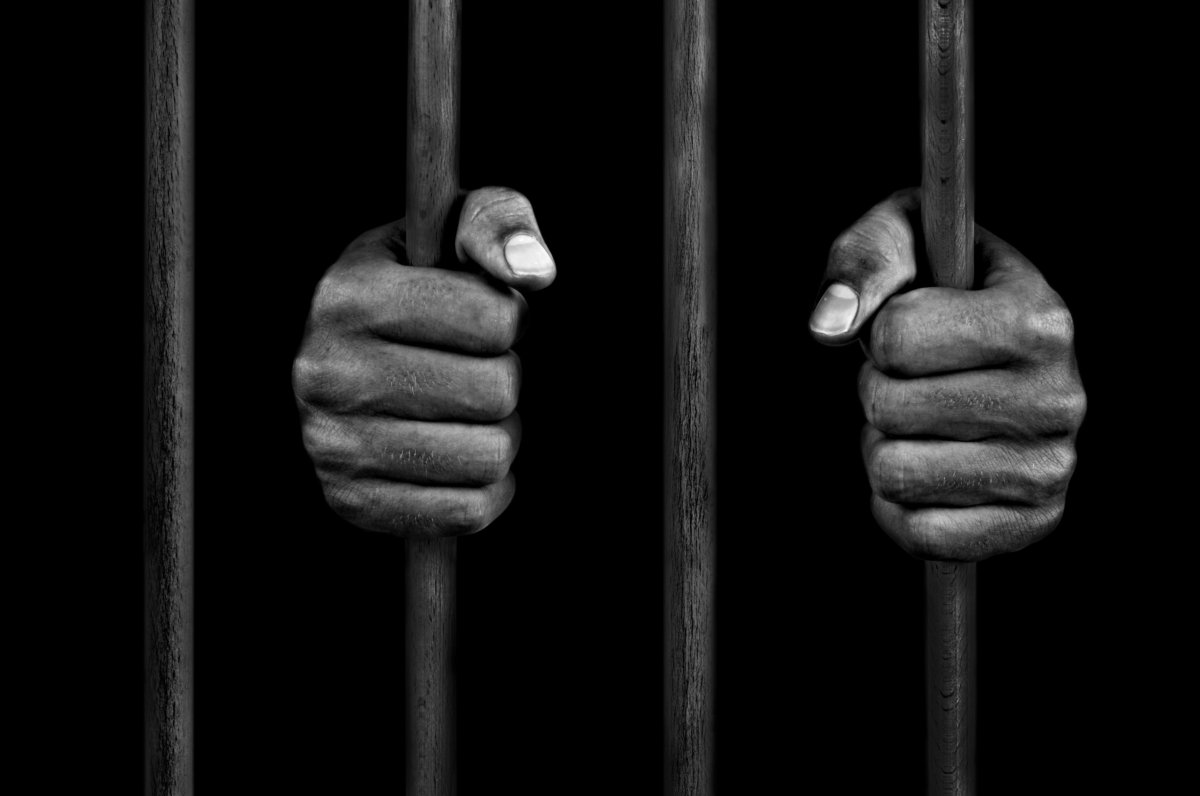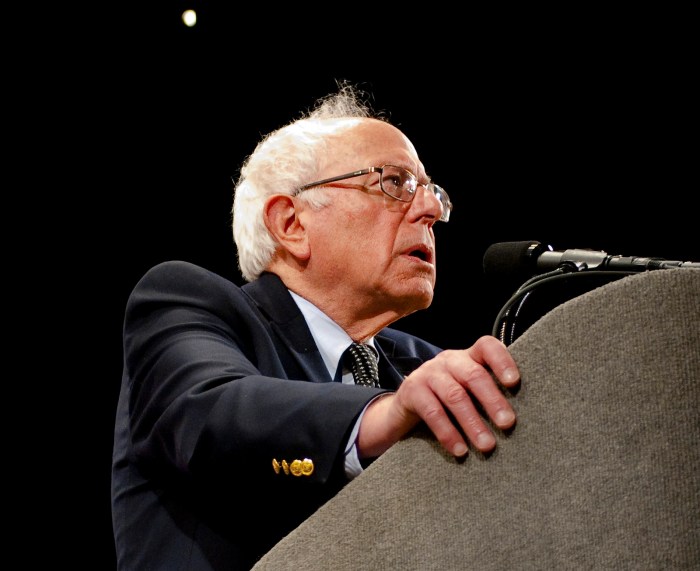The ACLU of Massachusetts is calling for the repeal of mandatory minimum drug sentencing, saying it unfairly targets minority offenders, particularly blacks, who are imprisoned at a rate roughly eight times that of white people. In Massachusetts, black and Latino people account for 22 percent of the population yet comprise 75 percent of those serving sentences for mandatory minimum drug offenses, according to state reportsfrom September. While the state legislature is considering changes to its criminal justice system, the proposals fail to address issues of race and focus only on repeat offenders, said the ACLU’s Rahsaan Hall, who directs the Racial Justice Program. Gov. Charlie Baker’s criminal justice reform bill that was introduced in February also doesn’t suggest changing mandatory minimums. But change is needed, Hall said. The September report highlights the disparity among minority and white criminal offenders in the commonwealth.
Black people in Massachusetts are incarcerated at about eight times the rate of white people, according to the state Sentencing Commission’sreport. Nationally, that rate is a 6-to-1 ratio. Latino people in Massachusetts are incarcerated at five times the rate of white people; nearly four times higher than the national rate. Hall said several of the most common arguments against doing away with the mandatory minimum drug sentences are rooted in common misperceptions. The first one, he said, is that people think there aren’t that many inmates serving those sentences. There are around 900 people in Massachusetts serving mandatory minimum drug sentences, Hall said. But, he added, another 1,800 inmates who faced that mandatory minimum ended up pleading guilty to reduced charged. In many instances, Hall said, those plea deals were not “that much different than the full mandatory minimum sentence would have been.”
Hall said people also incorrectly presume offenders serving mandatory minimums are the ones trafficking drugs.
Most of the people sentenced are addicts and suffer from substance abuse issues, but are not actually dealing or trafficking, he said.
Getting caught with 18 grams of cocaine, methamphetamine and heroin is considered trafficking, although it is the equivalent of about four and half packets of sugar, Hall said. “People don’t realize that small amount yields a mandatory minimum sentence.” Someone caught with 18 to 36 grams of cocaine faces a mandatory minimum of two years, though that person could serve up to 15 years, according tostate law.For the same amount of heroin, a convicted individula faces three and a half to 30 years. The commonwealth is making some progress though, Hall said, in the area of drug reform. In November, voters passed a law to make recreational marijuana legal.
“We saw a dramatic drop in arrests when marijuana was decriminalized in 2012,” he said. “And now with raising the personal possession amount and legalizing it for recreational use, there will be fewer individuals who will be charged and arrested.”
ACLU says ending mandatory minimum drug sentences would address racial inequalities



















